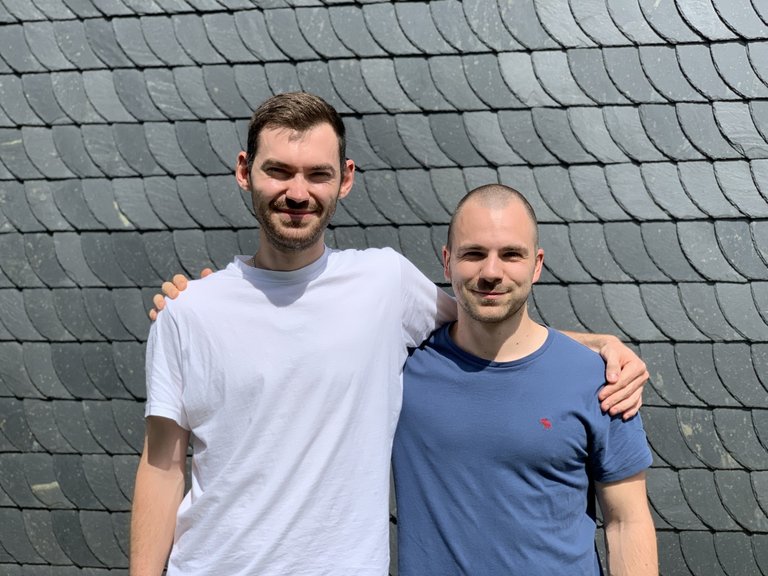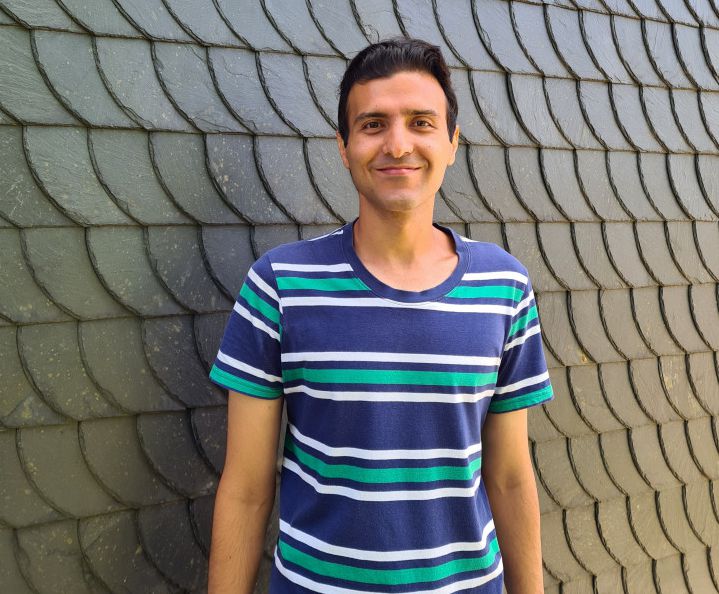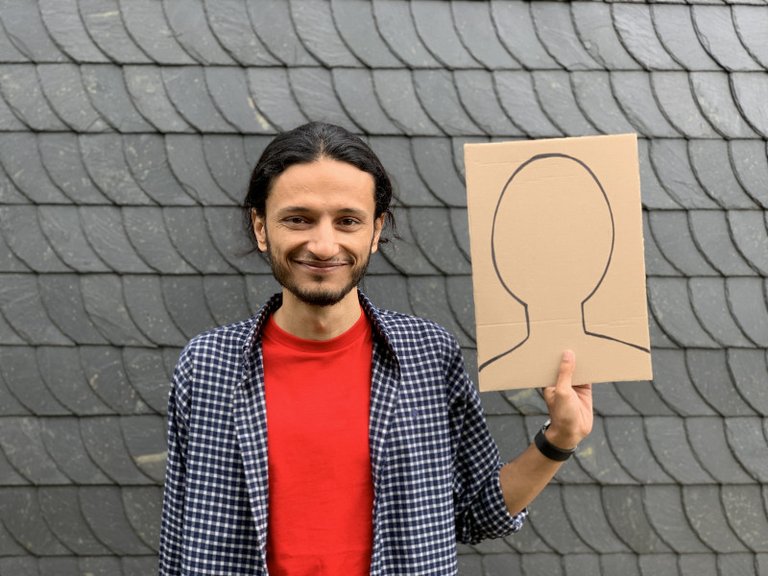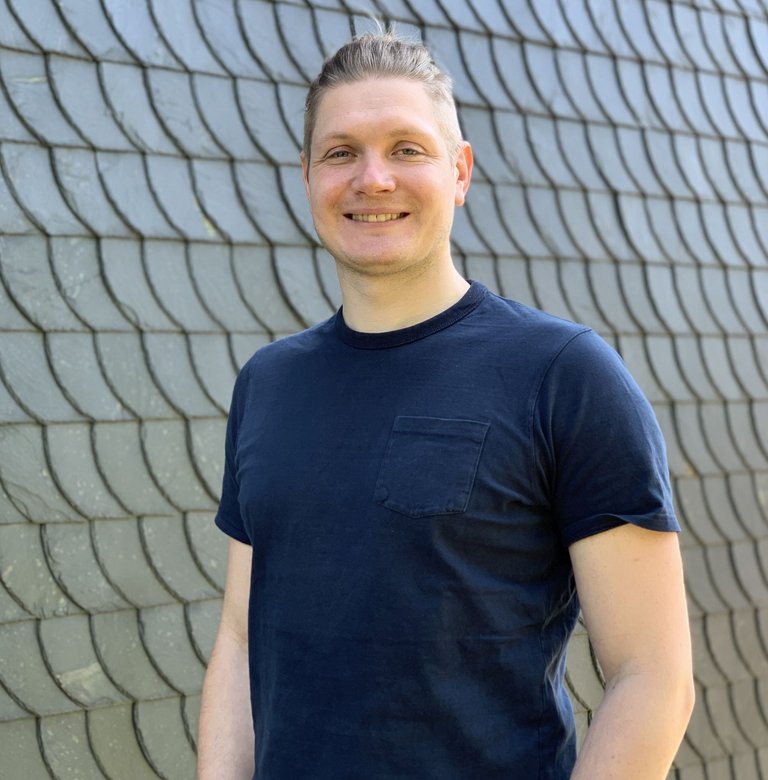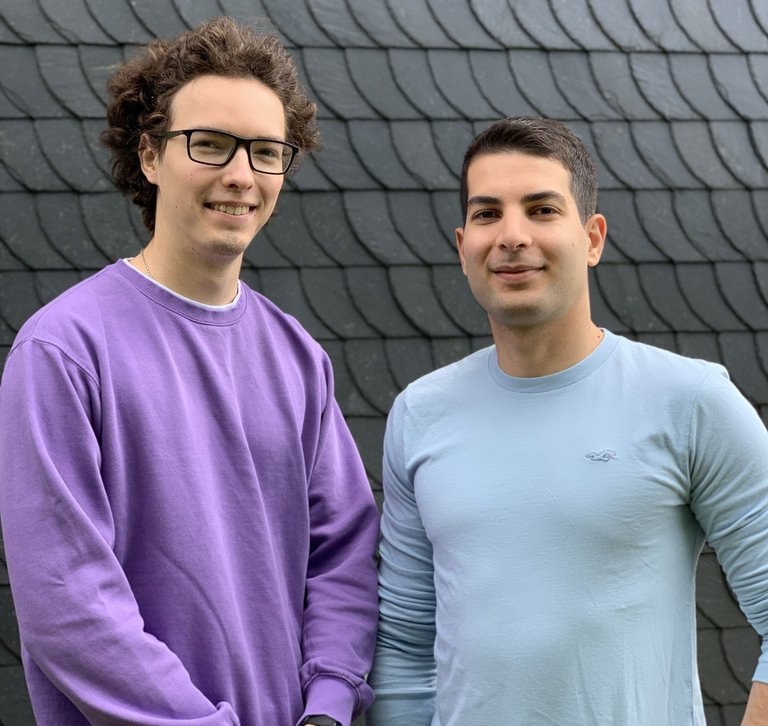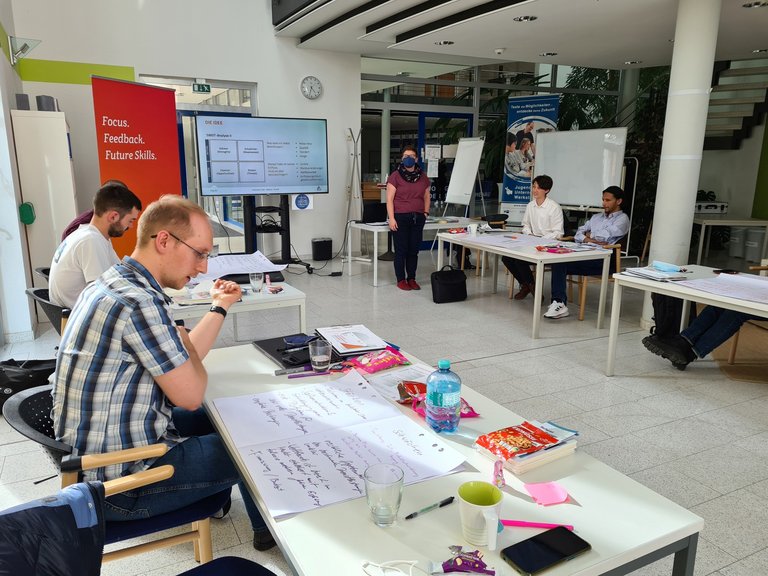This year, six teams with promising business ideas qualified to take part in the Ilmkubator Class. Since the spring, they have been working with the help of startup coaches to flesh out their projects, which ideally will lead to the founding of a startup. UNIOnline presents an overview of the teams.
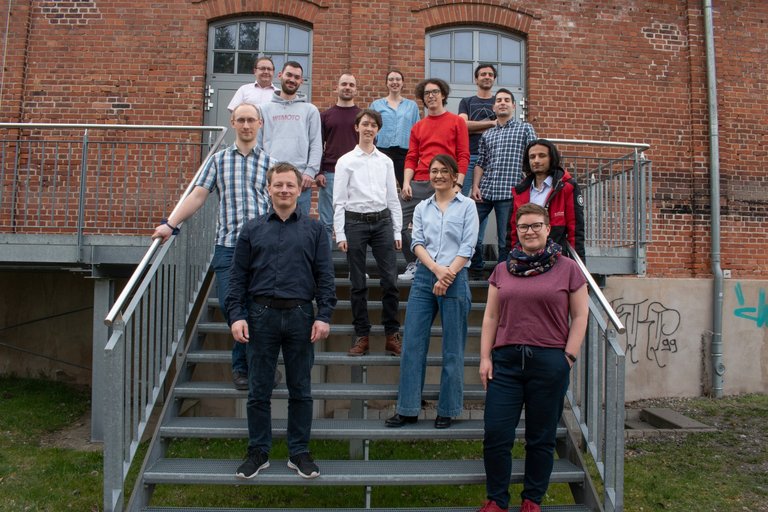
Green Energy Consulting
Energy-efficient construction and renovation is a topic that is currently occupying many homeowners and apartment owners. To provide them with initial assistance, Tom Duphorn and Philipp Wehr have developed an online tool that calculates the costs of renovation measures. Based on data such as property size or year of construction, the tool calculates how expensive a new heat pump or photovoltaic system would be for the users and how much CO2 they would save through these measures. They are then referred to a professional energy advisor. "Many people want to make energy-efficient renovations right now, but find little information online. Going to a professional energy advisor is the next step for them - but this is associated with high costs and long waiting times. Our tool offers them guidance on the extent to which the renovation measures are worthwhile," says Tom, explaining the background to his business idea.
Multiple
Hamed Elahi is a doctoral student at the TU Ilmenau. Together with his brother Heydar, Hamed wants to work internationally with his software startup "Multiple" and specialize in embedded coding for their customers. This makes it possible to develop programs that are greatly reduced in their structure and precisely specialized for individual customer needs. "Multiple" focus on a broad range of products by offering programs for Windows, macOS, Linux and Android. About the motivation behind "Multiple", Hamed says that he wants to create a company that is needed and has relevance in the market with its product offering. In the near future, the main goal is to find customers for the project.
Journote
Muhammad Sarosh Ali and his teammate Quinn are developing a digital version of a bullet journal. Bullet journaling is about personal organization, in which users record scheduling, reminders, to-do lists, brainstorming and other organizational tasks in a usually elaborately designed and decorated notebook. A digital version offers new advantages, such as location-independent use - a practical solution especially for forgetful people. The motivation behind the idea is to provide the opportunity for so-called journaling, especially for people with hand limitations. In doing so, the two pay particular attention to user-friendliness. While Sarosh takes care of the technical aspects of the project, Quinn handles all organizational and administrative tasks as well as the product design. A prototype of the Bullet Journal has already been developed. This was done in cooperation with computer science students of the TU Ilmenau as part of the curricular software project. The prototype will now be continuously updated with new features and improved user interface. In addition, the two are currently creating the website for their project. Quinn and Sarosh got to know each other through the Ilmkubator's team matching activities: With the help of profiles and requests, people with start-up interests and business ideas can get in touch here.
Nowhere
"I want to bring the virtual world and the real world together to simplify collaborative work." That's Tobias' goal with his startup idea nowhere. He is developing remote working software that brings together experts on site with experts in other locations. The idea is to allow people and companies to work together collaboratively and in real time to solve acute problems, such as information in a company not always being synchronized between different locations, efficiently and quickly. Currently, Tobias is writing the code for the software. He came to the idea through his work at the Department of Virtual Worlds and Digital Games at the TU Ilmenau. There, he is working as a post-doc under Fayteq founder Prof. Wolfgang Broll on bringing people together virtually.
Supercaps
Artem Sultanov and Taha Nasser want to offer custom-made keycaps for the computer keyboard. The keycaps can be easily inserted into the keyboard of a computer and give it a personal touch. Their design features a transparent shell, with colorful figures hand-cast inside. The idea came to the students of media technology and mechatronics through their common hobby, gaming, as Artem reveals: "The gamer scene is characterized by creative people who like to use keycaps in the most diverse designs. However, there is no marketplace specifically for this product yet. This is where we come in with our business idea." Currently, the up-and-coming entrepreneurs are working on prototypes of their keycaps, testing out many different designs. At the same time, they are setting up their web store, where everyone will soon be able to purchase the colorful keycaps worldwide.
Ilmkubator Class
The Ilmkubator is the start-up service of the TU Ilmenau. Experienced experts support those interested in founding a company in all phases of self-employment - from the initial idea to the actual founding process. In addition to classic start-up consulting, the service portfolio also includes intensive coaching, qualification and teaching offers, networking events, contact mediation and access to and advice on funding opportunities. Students and employees of the TU Ilmenau with particularly promising start-up ideas can apply for the Ilmkubator Class, an intensive support program. Teams and individual founders develop their concepts, business models and first prototypes of their products here within nine months. They are supported by Ilmkubator coaches, mentors and experts.
Kontakt
Laura Martin
Ilmkubator Public Relations and Events


